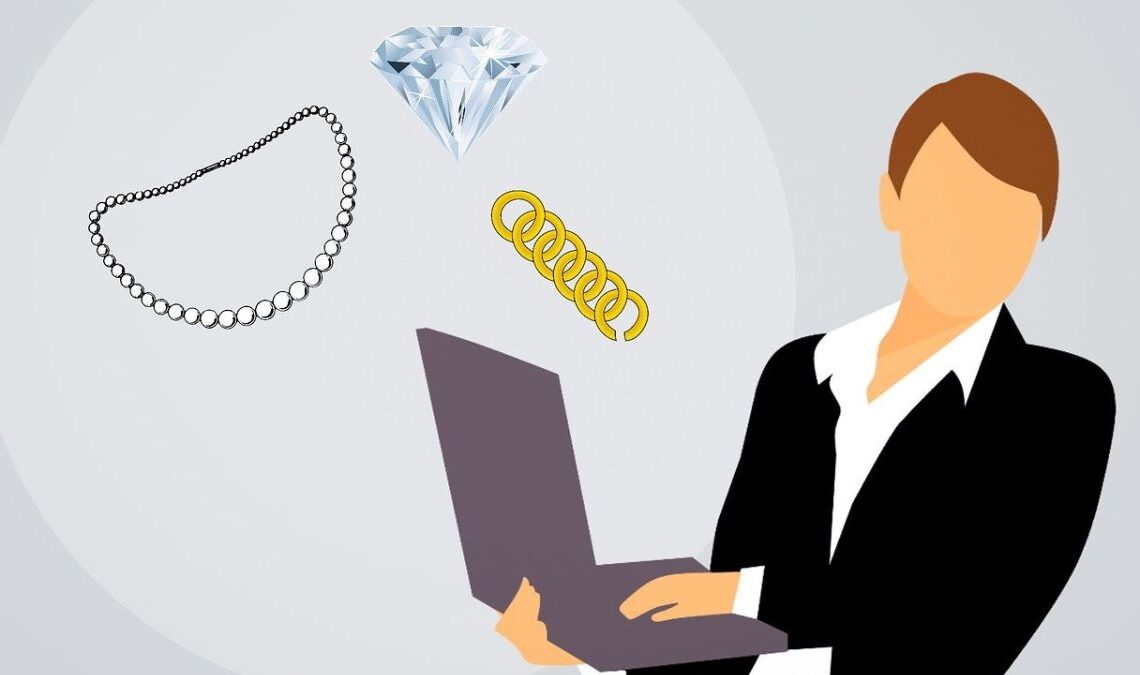Getting the drip on a tight or bad credit budget can be incredibly difficult, especially if you have outstanding debts and problems securing further finance. You may already utilise second-hand exchanges to sell last season’s fashion and be wondering if there are other ways to generate money to stay on trend.
The good news is with the right approach, you can restore your finances and stay ahead of the fashion curve. It is not necessarily easy to do, and you will need to adjust your mindset to finances. However, it is far from impossible and by following the advice in this guide you can get back on track and enjoy the finer things in life.
Let’s explore the how to rock the latest fashion trends on a bad credit budget.
What is Bad Credit?
Bad credit is a catch-all term for someone who has had financial difficulties and presents a bigger risk to lenders.
These financial difficulties can be ongoing or in the past. Most bad credit information will drop off your credit record after 6 years, however there are some exceptions to this rule, like County Court Judgements (CCJs) which can be renewed by creditors and remain indefinitely.
If you have a CCJ it is best to pay the debt off, either in full or by negotiating with your creditor to arrange a payment plan. In some cases, even with a CCJ registered against you, you will be able to ask for a settlement offer. Settlement offers allow you to pay a reduced amount instead of the full balance and clear the CCJ quicker.
Settlement Offers
Lenders do not need to offer settlement offers; they are considered a gesture of goodwill. Most lenders will not deduct the money spent to obtain the CCJ (such as court fees and enforcement fees), however, they may reduce the actual debt if you agree to settle the value. For example, if you owe £1,000 you may be able to settle for £750, and in some cases where lenders are very generous, they may allow you to write off 50% of the debt.
Settlement offers are not limited to CCJ debts either. If you are struggling to repay a debt, you can contact the lender, explain your situation, and ask for a settlement offer. The key here is to take ownership of the problem and pick up the phone and speak to the lender.
Once a debt has been settled it will show on your credit record as ‘settled’ and have a positive impact on your score. Settlements are not as positive as repayment in full, however, they are useful if you can’t afford to repay the full amount. Once the debt is settled, you won’t hear from the lender again chasing for payments.
How is a Credit Score Calculated?
Credit scores are calculated by credit reference agencies such as Equifax who track your financial history and allocate a score to reflect the risk you represent to lenders. Your score will drop if you miss payments, ignore debts, have CCJs registered against you or enter an IVA or Bankruptcy.
Your credit score will improve when you keep your financial accounts in good order such as repaying on time, paying off debts in full, and only borrowing money when you need to.
How to Improve Your Credit Score
Improving your credit score can be difficult if you are struggling financially, so the first thing you should do is calculate a monthly budget. For some, monthly budgets are too long a timescale to manage finances effectively, especially if you are living from pay cheque to pay cheque. In these cases, you can download budgeting apps that allow you to track income and expenditure on shorter timeframes, even managing your daily expenditure.
Once you have you budget sorted you will need to do the difficult task of identifying where you are spending money needlessly and where to cut back. Most people have subscriptions they don’t use or eat out more often than they should.
The goal is to generate more income than expenditure. Even if you have an extra £100 spare each month you are in significantly better position, and this can be put into a savings account. Savings account interest rates are improving a lot currently, and you will find a good interest rate if you shop around.
Things to Avoid
There are three types of credit that most fashionistas get trapped in. You should avoid these at all costs.
Credit Cards
Credit cards give easy lending access and affordable minimum monthly repayments. Unfortunately, these monthly repayments are designed to only clear the debt over a prolonged period, and you can quickly find credit card debt spirals.
Introductory rates are great for luring in unsuspecting borrowers, especially 0% interest rates. Lenders know you will switch to another 0% interest rate and balance transfer in the future. They also know there will come a time when you can’t borrow any more and complete a balance transfer and this is where they make money with high interest rates.
Store Cards
Store cards work in a very similar way to credit cards, except they often have limitations about where you can spend money. Stores make even more money than credit card lenders as they already make a mark-up on the products they sell.
They are essentially benefiting from the product profit margin and the interest rate on the card. If you have late payment fees or other penalties, you can quickly find yourself in a lot of debt with store cards.
Payday Loans
Payday loans are borrowing with the gloves off. Payday lenders make no pretenses about enticing rates or terms. Instead, they offer small amounts of borrowing with high-interest rates and even higher penalties if you fail to make a payment.
Understanding When to Borrow
When it comes to rocking the latest fashion on a bad credit budget it is always best to rely on existing savings rather than borrow money. It is very rare you will be able to borrow money at a cheaper rate than your savings account interest rate.
If you must borrow money for any reason, you should look at bad credit financing such as bad credit loans. These loans offer a transparent way of borrowing money without the hidden catches of the above-mentioned types of borrowing.
There is also a bad credit comparison website that has just been launched in the UK to allow you to compare bad credit loans and find the right type of finance for your personal situation.




